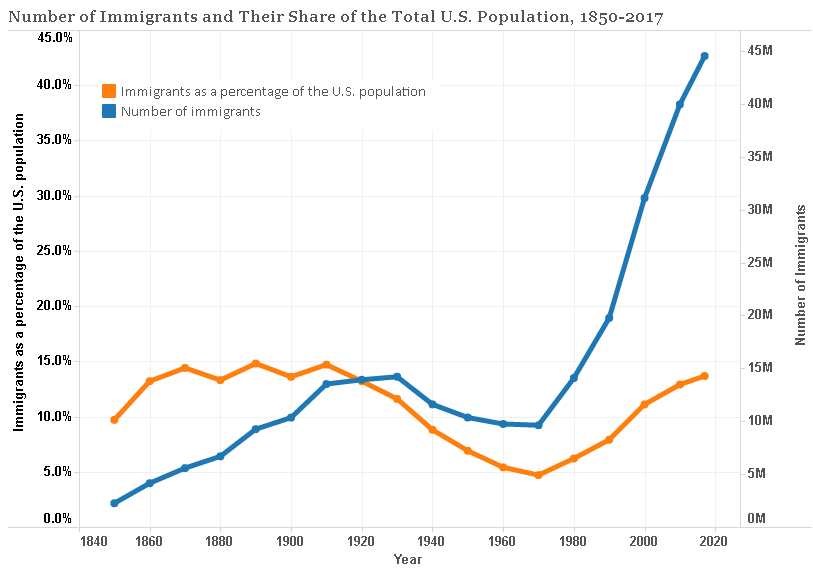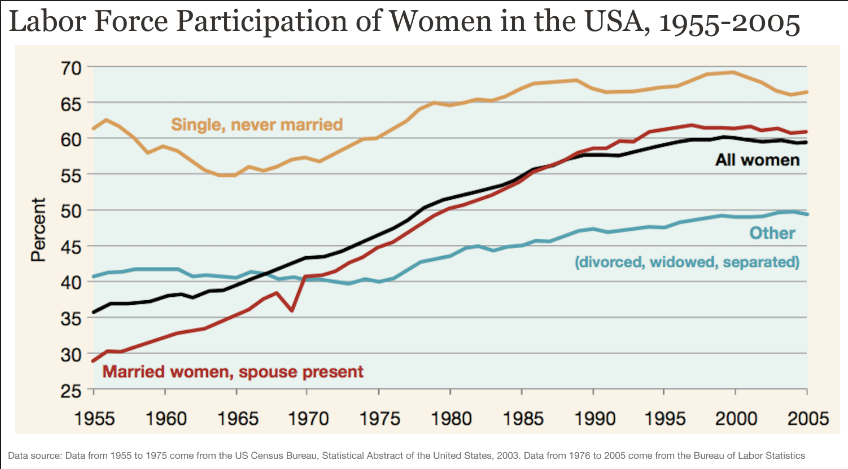This is part of the Stuff I Say at School series.
The Assignment
Alexis de Tocqueville argues that the active involvement of American citizens in civil society distinguishes America from Europe and helps to prevent American government from becoming over centralized. In fact, civil society not only prevents Big Government from taking over, but enlarges each citizen’s life, helping them overcome the natural tendency of democratic citizens to isolate from each other. Contemporary social observers, like Robert Putnam and Marc Dunkelman, have seen trends of disengagement from civil society in their recent studies (and more engagement in virtual communities via technology). Discuss the significance of civil society from Tocqueville’s perspective and whether these recent trends of disengagement should be viewed as a cause of some alarm.
The Stuff I Said
Tocqueville’s view of civil society is very organic; a kind of pre-state network guided by cultural norms and both individual and communal pursuits. The bottom-up, arguably emergent nature of Tocqueville’s perception is likely why many classical liberal writers quote him so favorably. The ability of private individuals to organize to advance societal goals rather than relying on the coercion of the state appears to be deeply encouraged by Tocqueville. This makes public engagement a necessity to avoid “despotism.” This makes the decline in social capital potentially problematic.
However, there are a few points worth noting about the claims of social capital decline and the march toward despotism:
First and foremost, government has grown significantly since the mid 1800s. Democracy in America was written 20-30 years prior to the outbreak of the Civil War. My own state of Texas had not even been annexed yet. For all we know, Tocqueville might think we’ve been in the era of Big Government for over a century.
Next, economists Dora Costa and Matthew Kahn find that declines in social capital (i.e., volunteering and organization membership, entertainment of friends and relatives at home) between 1952 and 1998 were largely among women due to their increased participation in the labor force. Other contributors were income inequality and increasing ethnic heterogeneity. While income inequality can be a problem (it tends to erode trust), increasing diversity and female labor participation are, in my view, not negative developments.


Parents also appear to be spending more time with their children. For example, a 2016 study of 11 Western countries found that “the mean time the average mother in the 11 countries spent daily on child care in 1965 was calculated to be about 54 minutes, it increased to a predicted 104 minutes by 2012. For fathers, the estimates increased from a scant 16 minutes daily in 1965 to 59 minutes in 2012” (pg. 1090). Engaged parenting results in better child outcomes. So while parents may not be entertaining friends or bowling with buddies as much, they are giving their kids more attention. Considering Tocqueville’s focus on family, I think he would find this a plus (especially in the midst of the family fragmentation that has occurred over the last few decades).
But even with these declines, a majority of Americans still participate in various organizations. Drawing on the 2007 Baylor National Religious Survey, sociologist Rodney Stark finds that while 41% of Americans have no membership in non-church organizations, 48% had 1-3 memberships and 11% had 4-5 memberships. “About six Americans out of ten belong to at least one voluntary organization. Add in church organizations and the number rises to more than seven out of ten, and the median becomes two memberships” (pg. 122-123).
Finally, the labor market was dominated by agriculture (76.2% in 1800; 53.6% in 1850) during the period that Tocqueville wrote. By the turn of the 20th century, however, most of the labor force could be found in manufacturing (35.8%) and service sectors (23.6%). By the 21st century, service had come to dominate the labor market (73% in 1999). While social capital in the form of organizational participation may have declined over the last half century, the kind of work we do has changed drastically. This includes our workplace experience. We actually have co-workers that we spend hours each day cooperating with and customers that we are obligated to respect day in and day out. The relationships (and social capital) we establish through the workplace are very different from 19th-century farms or even industrial-era factories. The late Peter Drucker believed that today’s business institutions “are increasingly the means through which individual human beings find their livelihood, find their access to social status, to community and to individual achievement and satisfaction” (pg. 16). I don’t think we should underestimate the long-run impact of commerce on social capital. Numerous studies find that markets foster socially-desirable traits like trust, cooperation, and tolerance.[ref]Another classmate pointed out that it’s likely too soon to tell whether or not internet-based communities can fulfill the same civic functions as older forms. I think his point about the internet is really important. The concern over “echo chambers” may in fact be far overblown. Granted, there is evidence that suggests social media does increase things like political polarization. But we may really be underselling the benefits of greater connectivity via technology (especially through social media and mobile phones).[/ref]
In short, I think Tocqueville might find some of our over-reliance on government distasteful, but overall would be impressed with how incredibly adaptive the American people have been over the course of nearly two centuries of rapid change and development. This latter point would confirm many of the observations he made about the underlying mores of American civil society.